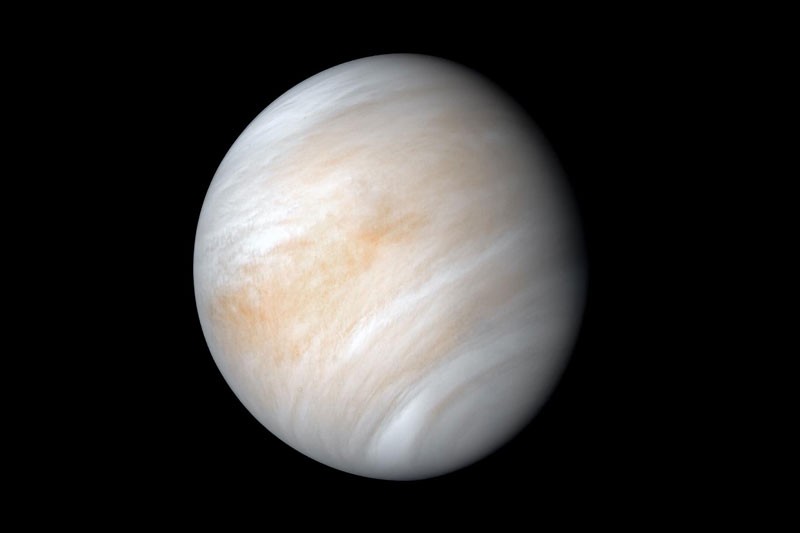HESPERUS (Έσπερος, Lat. Vesper, Vesperugo), the Evening Star; shown in art as a boy carrying a torch. Early tradition makes him the son of Astraeus (or Cephalus) and Eos, but later he was associated with Atlas as his son or brother. He disappeared from Mt. Atlas in a whirlwind after climbing up to observe the stars.
From N.G.L. Hammond and H.H. Scullard (ed.), The Oxford Classical Dictionary 1970
☙
Descendant of:
Inanimate nature MYTHOLOGY AND THE CLASSICAL WORLDTexts with this theme:
- Leichenfantasie, D 7 (Friedrich von Schiller)
- Geisternähe, D 100 (Friedrich von Matthisson)
- Der Abend, D 108 (Friedrich von Matthisson)
- Der Mondabend, D 141 (Johann Gottfried Kumpf)
- Die Erwartung, D 159 (Friedrich von Schiller)
- Der Morgenstern, D 172, D 203 (Theodor Körner)
- Stimme der Liebe, D 187, D 418 (Friedrich von Matthisson)
- Auf den Tod einer Nachtigall, D 201, D 399 (Ludwig Christoph Heinrich Hölty and Johann Heinrich Voß)
- Das Abendrot, D 236 (Ludwig Theobul Kosegarten)
- Selma und Selmar, D 286 (Friedrich Gottlob Klopstock)
- An Rosa I, D 315 (Ludwig Theobul Kosegarten)
- Geist der Liebe, D 414, D 747 (Friedrich von Matthisson)
- Abendlied der Fürstin, D 495 (Johann Baptist Mayrhofer)
- Abendstern, D 806 (Johann Baptist Mayrhofer)
- In der Ferne, D 957/6 (Ludwig Rellstab)


